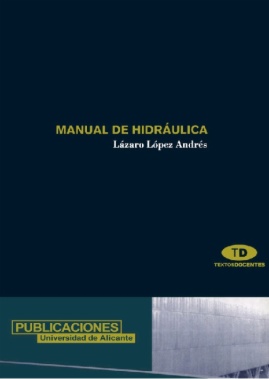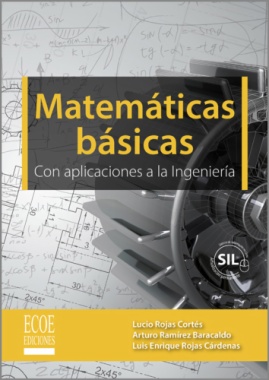A Framework For The Managemente Of The Biodegradable Waste In Bogotá-Colombia = Un Marco Para El Manejo De La Basura Biodegradable En Bogotá-Colombia
Este contenido es de libre acceso. Solo haz clic en el siguiente botón.
Ir a este contenido- Autor
- Año de publicación 2014
- Idioma Inglés
- Descripción
- Waste management is one of the growing problems in many highly populated cities around the world, and the amount of strategies designed to solve it has changed during the last decade. It passed from land filing to incineration and mechanical biotechnology; this quick change was partially induced by the threat that garbage is for the environment, and later on by the acceleration of climate change, since the public services industry was bound to comply with the emissions reduction targets. The newest technologies are being applied in Europe and North America, giving them a new way to face their waste issues. However, the industrialized States are not the only ones with these concerns, in the developing countries, it is a matter that is becoming an structural problem, because of the population growth and the dynamics of the capitalist practice; moreover, it is difficult to solve due to low budget or lack of knowledge on the topic.In Bogotá D.C, waste management became one of the most controversial topics due to the many problems presented during the implementation of the Zero-Waste program and the past administrative issues with the Landfill Doña Juana that led to many health and land predicaments for the population. As a consequence, this dissertation seeks to create a new strategy to fix the gaps of the original policy, by designing five time-limited specific objectives, a reform to the segregation strategy and proposing the construction Anaerobic Digestion plant as the best solution for the sustainable control of bio-waste.Therefore, this work will show throughout all the chapters the background of the waste management system, the new strategies to be taken into account by the local administration, the advantages of the AD technology and the possible financing channels for the renovation of the Basuras- Cero Policy. All the information above will be use to conclude, that for the case of Bogotá D.C, the use of bio-waste as a new energy source will strengthen the recycling industry (with the establishment of a better segregation system and the construction of and AD plant) reduce the amount of waste sent to Landfill and decrease GHG emissions; and even though it is a small step, it can become the foundation for fixing some weaknesses of the economic system and some social mores.
-
Citación recomendada (normas APA)
- Adriana Lizette Gutiérrez Bayona, "A Framework For The Managemente Of The Biodegradable Waste In Bogotá-Colombia = Un Marco Para El Manejo De La Basura Biodegradable En Bogotá-Colombia", Bogotá (Colombia):-, 2014. Consultado en línea en la Biblioteca Digital de Bogotá (https://www.bibliotecadigitaldebogota.gov.co/resources/2081253/), el día 2024-07-27.


